By Corey Hutchins, Inside the News in Colorado
More than two dozen Colorado newsrooms have launched an unprecedented collaboration to better cover the 2024 elections.
The statewide initiative, called Voter Voices 2024, is the latest recognition that lazy political coverage is failing the electorate.
At newsrooms large and small across the country, insider, horse-race coverage of elections that prioritizes process and personality is, more and more, dissolving in favor of something more meaningful. That’s a commitment to serious, thoughtful reporting on the real-world stakes about what would actually happen to the everyday lives of residents if one candidate wins over another. And it comes with prioritizing issues voters want to hear about over what candidates are saying.
Examples of cut-rate political coverage, which is easy and quick to do, include uncritical publicity of internal campaign polls, focusing on process and campaign strategy, context-free some-say-this-some-say-that dreck, and stenographic write-ups about the latest campaign ad to hit the airwaves.
A better form of political journalism has been taking root, proselytized by NYU journalism professor Jay Rosen with his “Citizens Agenda” approach to covering U.S. elections.
In Colorado, the new collaboration announced this week is “without precedent in the history of the citizens agenda approach to campaign coverage, which goes back to 1990-92,” Rosen said in responding to the news.
Megan Verlee at Colorado Public Radio has the background:
Newsrooms across Colorado are teaming up and embarking on an effort to reach out to voters and learn what they want candidates to focus on, the issues they are most concerned with in this election, and how much trust they have — or don’t — in the system itself. …
The organizations participating in Voter Voices are large and small, urban, suburban and rural. Many of us are long standing-competitors, whose reporters compete every day for audience and stories. But at this moment, when the political landscape is as divided as it’s ever been and finding common ground is increasingly rare, all of us are committed to working together to ensure that the concerns of Coloradans, not the talking points of politicians, drive our election coverage.
That Colorado has taken such a lead shouldn’t come as too much of a surprise.
For the past five years, our state’s local news scene has embraced an orthodoxy of collaboration perhaps unseen anywhere else. Colorado often serves as a pioneer for experiments and a place where national organizations often test pilot projects.
This latest pioneering initiative flows from a Colorado Engaged Elections 2023 Fellowship in which 13 newsrooms received training in the basics of engaged elections. Support for last year’s project came from the Gates Family Foundation and the Colorado Media Project in partnership with Colorado News Collaborative, a.k.a. COLab.
“I think you have to plan ahead and give people the tools, and then they can pull something like this off,” said Melissa Davis of the Colorado Media Project, which underwrites this newsletter.
For this year’s effort, COLab, an independent, nonprofit, statewide journalism coalition based in Denver that counts as partners journalists from more than 160 news outlets across Colorado, recruited newsrooms to join.
More than 30 Colorado newsrooms already on board include those in rural, suburban, and urban Colorado from print to digital, including radio, and outlets that serve communities of color, COLab Managing Editor Tina Griego said on social media this week. “And, honestly, we didn’t have to ask but once. Newsrooms wanted to be a part of this.”
The organization plans to publish a list of participating newsrooms in Colorado. Missing from a draft list I’ve seen thus far are local commercial TV stations whose viewers would greatly benefit from such an initiative. I hope they’ll consider signing on — as well as any outlets focused heavily on politics, lest they believe they couldn’t possibly learn anything about doing it better by listening to voters.
The core of the project is a survey created by the audience and community engagement company Hearken. Throughout the week, newsrooms that signed on to Voter Voices told their audiences what their participation will mean.
In a staff report, the Colorado Sun acknowledged that its coverage of elections this year would be “breaking” with a tradition of political reporting that is “too driven by the horse race, by polls and pundits, by the competition to be first and by listening too much to candidates and not enough to you, the voters.”
Colorado Public Radio reported that in the coming weeks its reporters will be “out in communities around Colorado, talking to people on the street and at events, to gain an even wider perspective and to ensure that we are hearing from Coloradans of all stripes.”
In a column, Colorado Newsline Editor Quentin Young wrote, “We told readers in October that ‘we’re demoting the horse race and elevating constituent interests.’ In other words, we want to focus less on polls, dollars and endorsements and more on families, individuals and every resident who is affected by the outcome of elections.”
The Denver Post reported it is “joining newsrooms across the state in doing something that we all need to get better at: listening.”
Here’s to seeing what the cumulative effect of this unique-in-the-nation project looks like during this campaign season and whether others elsewhere might take note.

